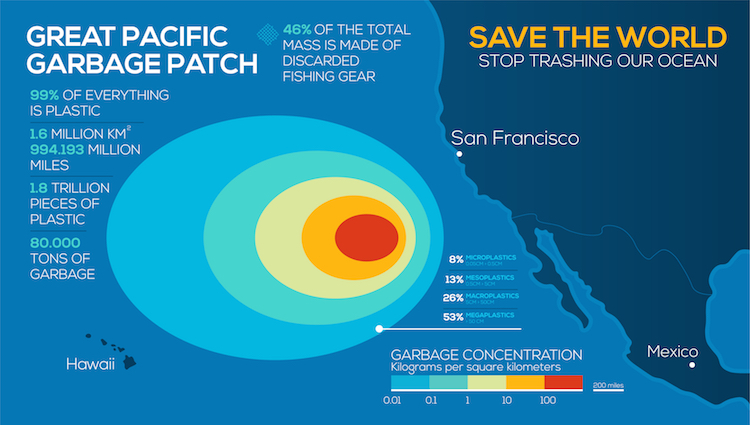

If you want i can probably upload a match of me playing So, is the weapon just kind of gimpy if you can manage the timiks recoil, or am i just bad. I traded my glorious t65 stoker up to a gold to trade those golds to cobalts and got this The only gun i have serious issues with recoil wise is the mp400, a machine pistol, when im trying to shoot people out of turrets on my proxy. I can manage it very well, and have a 35-45% accuracy on all weapons, something in the higher end on my ARs. Now, i have absolutely no issue with recoil. Now here is the difference between the two as i understand it. Experts say the long-run solution is clear: change consumption patterns and design products that can be reused, thereby reducing waste before it exists.The M4 seems garbage compared to the timik. Africa is a likely candidate, with some of its countries already struggling with illegal waste flows from Europe. What’s next?Ĭountry-level plastic import bans aren’t likely to solve the global waste problem, since the waste industry can simply relocate to a different region. Vietnam plans to ban all imports of plastic scrap by 2025. In 2018, Prime Minister Nguyen Xuan Phuc slashed monthly trash import quotas by 90 percent and announced that his government would stop issuing licenses to import waste.

#TRASH COMPARED TO BETTER TRASH CRACK#
These decisions followed public pressure to crack down on imports of contaminated trash. In 2018, Thailand banned imports of electronic waste, which is often highly toxic, and announced a goal to end imports of plastic waste by 2021. Canada eventually did so, but environmental advocates allege its slow action violated the Basel Convention, an international agreement that regulates the trade of hazardous waste. Philippine President Rodrigo Duterte threatened to declare war or dump the trash in Canadian waters, and he recalled his country’s diplomats from Canada after Ottawa missed a deadline to take back its waste. Tensions flared between the Philippines and Canada last year over approximately 2,700 tons of mislabeled Canadian waste. Furthermore, officials have closed two hundred illegal plastic recycling centers since 2019.

In 2019, Malaysia returned 4,120 tons of plastic waste to thirteen countries, and it is expected to return more in the coming months. Nonetheless, the country’s government has said it is not the world’s dumping grounds. Malaysia is among the world’s primary destinations for plastic waste, with a plastic recycling and manufacturing industry worth $7.2 billion. Though the global trash trade is a boon for private companies, Southeast Asian governments are pushing back against it, with some imposing their own bans on waste imports. There is also the problem of illegal waste dumping by exporting countries that intentionally mislabel garbage and by recycling firms that smuggle it into the region. This mismanaged trash threatens Southeast Asia’s environment, as it often ends up being incinerated or dumped in waterways. Between 20, regional imports of plastic waste surged 171 percent to over two million tons, much of which was contaminated and unprocessable. Why did China ban most waste imports?Įmail Share Share How has this affected Southeast Asia?įollowing China’s ban, exporting countries turned to Southeast Asia to manage their waste. In 2018, the United States sold more than 40 million metric tons of scrap material abroad, bringing in roughly $20 billion dollars. The European Union is the world’s largest scrap plastic exporter, followed by the United States, which exports about one-third of its recyclables. These end up in landfills or dumped in the ocean.Īlready worth hundreds of billions of dollars, the global trash industry is growing, experts say.

However, some materials that become contaminated cannot be reused, including those that are mislabeled, mixed with non-recyclables, or improperly cleaned. Ideally, this process recycles all of the exported waste. Manufacturers then melt down the scrap metal and plastic, which they use to produce new goods. Many developed countries export their recycling to developing nations, where low-wage workers sort the trash. The world produces about two billion tons of waste annually, and the most recent estimates suggest that about one- tenth of this waste enters the global trash trade. The Quad Is Getting More Ambitious in the Indo-Pacific


 0 kommentar(er)
0 kommentar(er)
